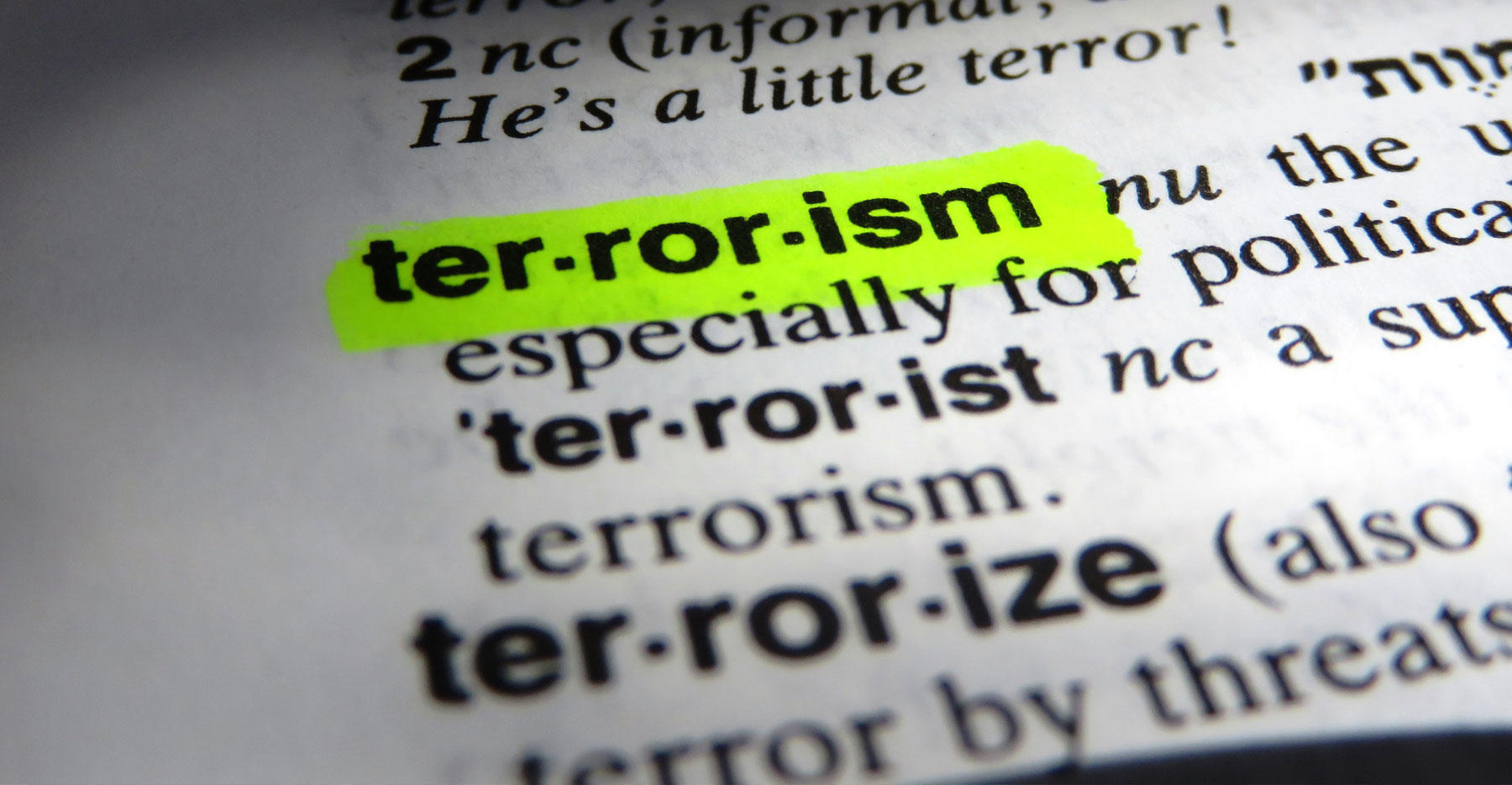Discussion about terrorism varies significantly around the world, with the highest levels found in the Middle-East, South Asia and Western Europe - regions that have suffered significantly from terrorist attacks and continue to face the threat of terrorism and extremism.
The European Foundation for South Asian Studies (EFSAS) specializes in research pertaining to terrorism and extremism in South Asia. Covering an area of almost 2 million square miles and home to over a quarter of the world’s population, South Asia and its importance cannot and must not be underestimated.
South Asia has been a front-line region as far as terrorism and extremism are concerned. Many international terrorist organizations continue to operate from locations in the region.
For people in South Asia (Afghanistan, Bangladesh, Sri Lanka, Pakistan, India, Bhutan, Myanmar, Nepal and the region of Jammu & Kashmir), terrorism is sadly an inevitable part of life that also significantly impacts the politics of the region.
Economic interdependency among the countries in South Asia is key to stabilization of the region. The South Asian Association for Regional Cooperation (SAARC) was established to pursue this very objective, and it needs to be strengthened through robust diplomatic facilitation.
The expansion of terrorist organizations having their origins in South Asia and the Middle East to way beyond their geographical boundaries finds evidence in their solid worldwide recruitment policies. It is now unambigously clear to policy-makers, security experts and watchers of the phenomenon across the world that the threat of terrorism is not restricted to the region of origination anymore. The mass use of Internet and social media has further obscured the borders of extremism, and pose an undeniable danger to global peace.
These regional and global developments render greater cooperation between the West and South Asia imperative in order to effectively address global security challenges and simultaneously guarantee mutual strategic interests.
EFSAS analyses and examines effective counter-terrorism strategies that include but are not limited to concepts such as ‘prevention’ and the ‘rule of law’. We provide policy advice and practical, solution-oriented implementation support based on multi-dimensional studies and research. EFSAS conducts fact-based analysis of actual and potential uses of terrorism as a tactic by State and non-State actors in order to provide policy guidance to international organisations, governments, academic institutions, NGOs, think tanks and civil society organisations across the world. Our fact-gathering approach that serves as the basis of our in-depth analysis is aimed at contributing towards improving efficiency in preventing terrorism, responding to the serious threat posed by it, and effective recovery from each unfortunate manifestation of this ever-expanding menace.

